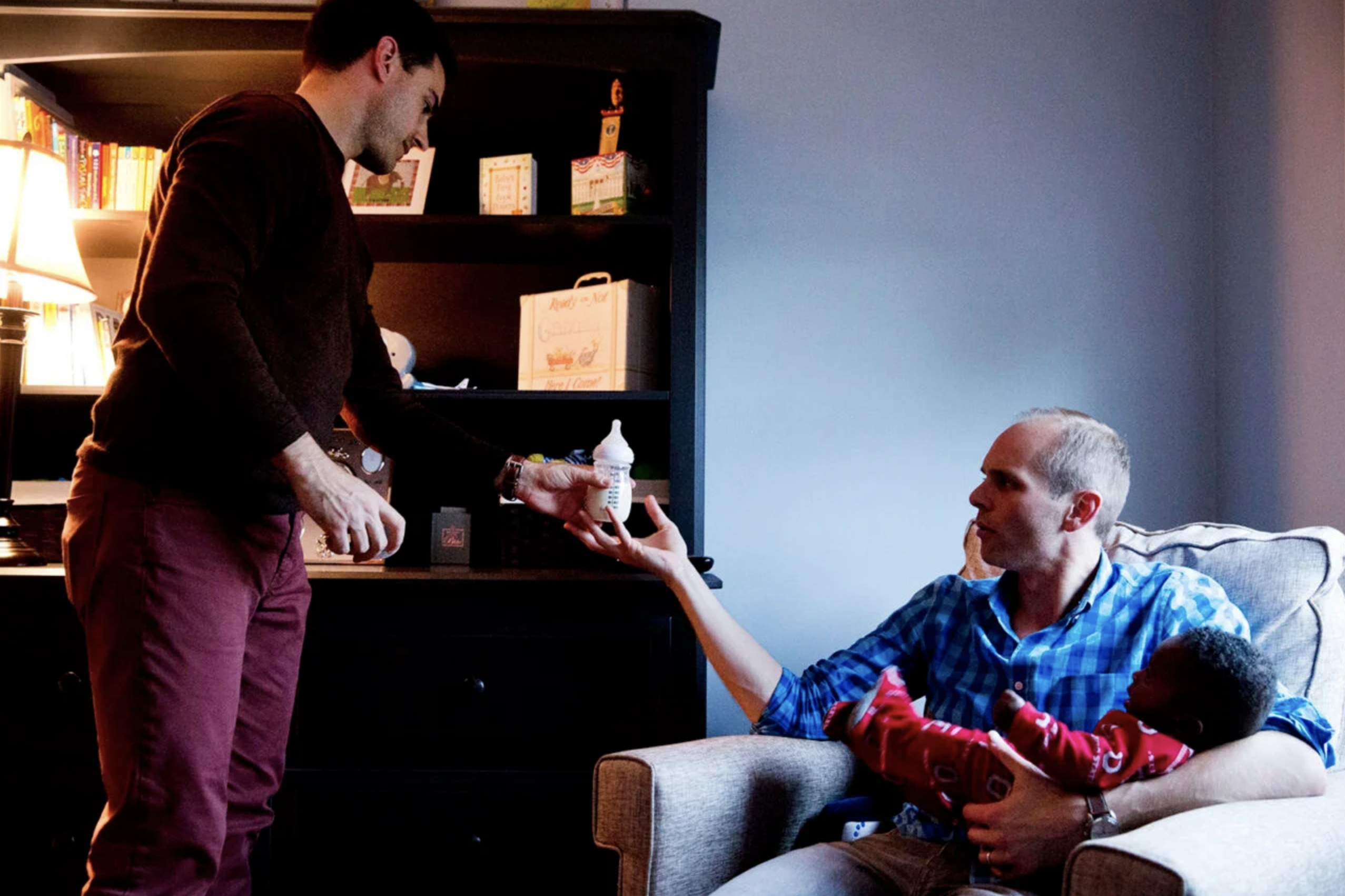(RNS) — Bethany Christian Services, the country’s largest Protestant adoption and foster care agency, will begin serving LGBTQ couples, a significant change for the evangelical outfit and a sign of the growing cultural shift.
Bethany, which is based in Grand Rapids, Michigan, with offices in 32 states, announced the change in an email to employees on Monday (March 1). Its board of directors approved the policy change back in January after nearly a decade of internal discussion.
An agency spokesperson said it has already been working with LGBTQ families in about 12 states.
“This decision implements consistent, inclusive practices for LGBTQ families across our organizations,” said Nate Bult, Bethany’s senior vice president of public and government affairs. “We’ve had a patchwork approach for the last few years.”
More on Broadview:
- How this family farm illustrates Canada’s vulnerable food system
- The heartbreaking and deeply Christian task of presiding over fentanyl funerals
- The highs and lows of the United Church’s first year with COVID
The change lowers the temperature on a hot culture-war topic pitting faith-based adoption and foster care agencies and civil liberties groups against one another, with civil liberties groups claiming that religious groups receiving government funding should not exclude anyone.
Many faith-based adoption and foster agencies have come under increasing pressure over the past decade as city, state and federal authorities have added LGBTQ non-discrimination policies.
Bethany was among them. In 2018, the city of Philadelphia suspended contracts with Bethany for a period of time. The agency then decided to change its policy in Philadelphia and serve LGBTQ couples.
The Trump administration briefly lifted an Obama-era rule that barred adoption, foster care agencies and other social service providers from receiving taxpayer funding from the Department of Health and Human Services while refusing to serve people based on religion, sexual orientation and gender identity.
But those rules will likely revert back under the Biden administration.
And in Fulton v. Philadelphia, the Supreme Court is expected to rule later this year on whether religious child placement agencies can discriminate against LGBTQ couples. In that case, the city of Philadelphia demanded that Catholic Social Services comply with its requirements, which prohibit discrimination on the basis of sexual orientation. When the agency refused to do so, the city opted not to renew its contract. Catholic Social Services then sued.

Bult said that while not all of Bethany’s 1,500 employees may agree with the inclusive approach, most have been supportive and have known that the agency is examining the issue.
“Faith in Jesus is at the core of our mission,” Bult said. “But we are not claiming a position on the various doctrinal issues about which Christians may disagree.”
In making its decision, Bethany commissioned Barna Group, a Christian polling firm, to ferret out the views of Christians about LGBTQ adoptions. Barna found 55% of Christians said either that sexual preference should not determine who can foster or adopt, or that it was better for children to be in an LGBTQ home than in foster care.
The survey also found that 76% of self-identified Christians agree, at least somewhat, that it would be better for Christian agencies to comply with government requirements pertaining to the LGBTQ community rather than shut down. (The survey was taken last year among 667 self-identified Christians.)
Policymakers have for years been wrestling with what to do with religious providers who have threatened to shut down rather than serve LGBTQ couples.
“There was this idea that if you did not give a concession to these folks that they would take the nuclear option and close,” said Robin Fretwell Wilson, a professor of law at the University of Illinois at Champaign who advised Utah lawmakers in drafting a bill that bans discrimination against LGBT people while also protecting religious institutions. “Bethany pivoted.”
She credited them for that pivot. “If you start at the right place — what children need — you get to the right place. I think it’s extraordinary. I’m really proud of them.”
Bethany also released a letter showing that its three past executive directors and CEOs — James Haveman, Glenn De Mots and William Blacquiere — agreed with the new inclusion policy.















